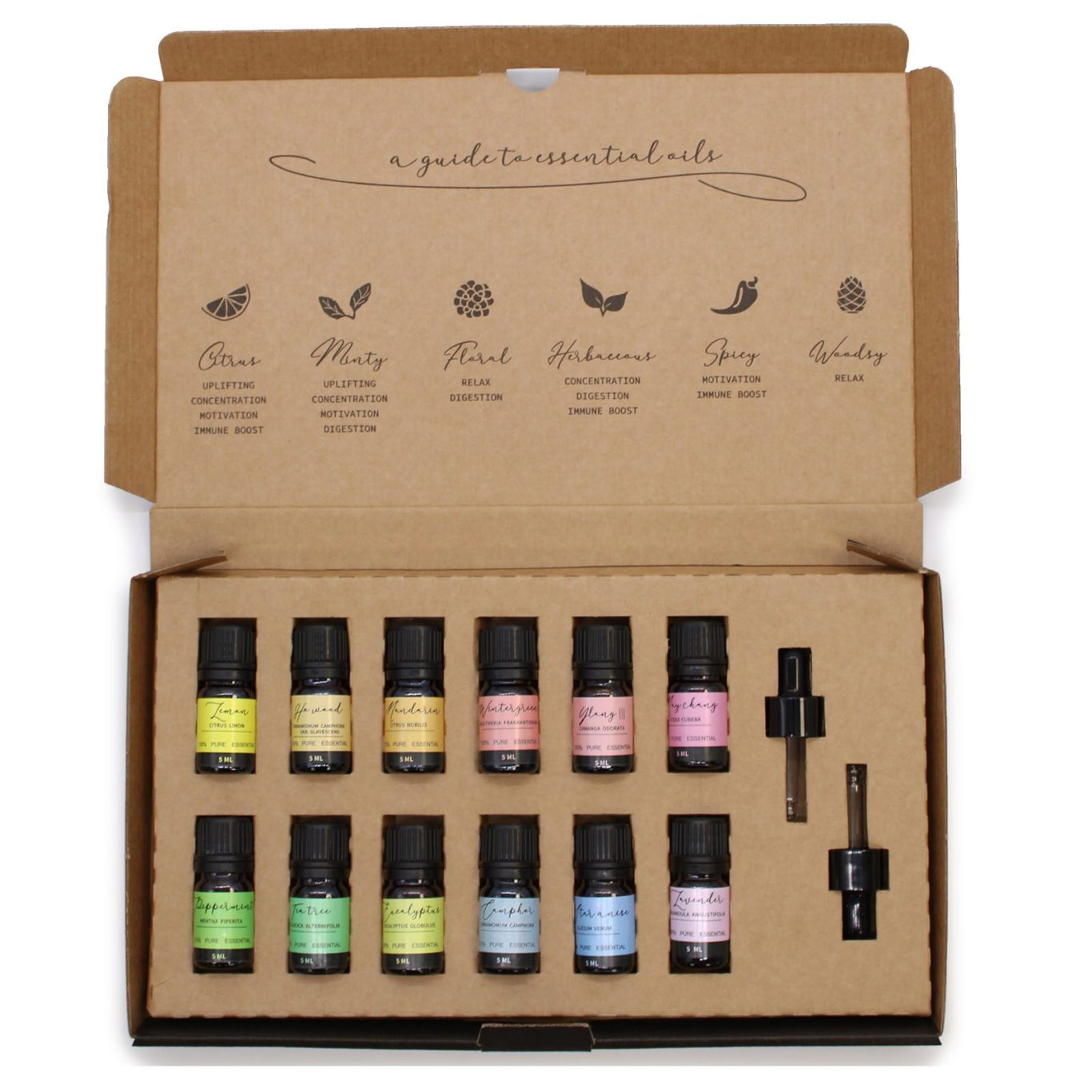Aromatherapy: The Complete Guide to Healing with Essential Oils
Aromatherapy is more than just pleasant scents—it’s a powerful holistic healing practice that uses essential oils to promote physical, emotional, and spiritual well-being. With roots in ancient civilizations and growing popularity in modern wellness culture, aromatherapy is now a cornerstone of natural health, alternative medicine, and mind-body balance.
In this guide, we’ll explore the benefits of aromatherapy, how it works, the most popular essential oils, how to use them safely, and how to incorporate aromatherapy into your daily routine. Whether you’re new to essential oils or a seasoned enthusiast, this comprehensive article will deepen your understanding of this fragrant science.
What Is Aromatherapy?
Aromatherapy, also known as essential oil therapy, is a therapeutic practice that uses aromatic plant extracts to improve physical and emotional health. The term was coined in the early 20th century by French chemist René-Maurice Gattefossé, but the roots of aromatherapy stretch back thousands of years to Egyptian, Greek, Chinese, and Indian cultures.
Essential oils are concentrated plant extracts obtained through distillation or cold pressing, capturing the plant’s natural fragrance and beneficial properties. These oils are used in various ways—through inhalation, topical application, or diffusion—to enhance health, mood, and overall well-being.
How Aromatherapy Works
Aromatherapy works in two main ways: through the olfactory system (sense of smell) and through absorption via the skin.
1. Inhalation (Olfactory Pathway)
When you inhale essential oils, the scent molecules travel through the nose and stimulate the olfactory nerves, which connect directly to the limbic system—the part of the brain that controls emotions, memory, and behavior. This is why certain scents can instantly relax, uplift, or energize you.
2. Topical Application (Skin Absorption)
Essential oils can also be absorbed into the skin during massage, baths, or skincare routines. Once absorbed, they enter the bloodstream and can exert various physiological effects, such as reducing inflammation, easing pain, or supporting immune function.
Top Benefits of Aromatherapy
✅ Reduces Stress and Anxiety
One of the most common uses of aromatherapy is for stress relief. Essential oils like lavender, bergamot, and frankincense are known to promote relaxation, reduce cortisol levels, and create a sense of calm.
✅ Improves Sleep Quality
Struggling with insomnia or restless nights? Oils like lavender, chamomile, and sandalwood are powerful natural sleep aids that help quiet the mind and promote deeper, restorative sleep.
✅ Boosts Mood and Energy
Citrus oils such as lemon, orange, and grapefruit are uplifting and energizing. Aromatherapy can stimulate the nervous system, improve focus, and support emotional well-being.
✅ Eases Pain and Inflammation
Many essential oils have anti-inflammatory and analgesic properties. Peppermint, eucalyptus, and rosemary are commonly used to relieve headaches, joint pain, and muscle soreness.
✅ Supports Immune Health
Essential oils like tea tree, eucalyptus, and oregano have antimicrobial properties that can help purify the air, reduce bacteria, and support the immune system—especially during cold and flu season.
✅ Enhances Skin Health
Aromatherapy is widely used in skincare for its antibacterial, antifungal, and anti-aging benefits. Oils like tea tree (for acne), rosehip (for anti-aging), and lavender (for soothing) are popular in natural beauty routines.
Most Popular Essential Oils and Their Uses
Here are some of the best essential oils for aromatherapy and their key benefits:
Essential Oil
Main Benefits
Lavender
Calming, sleep support, anxiety relief
Peppermint
Headache relief, energy boost, muscle pain
Tea Tree
Antibacterial, acne treatment, immune support
Eucalyptus
Respiratory health, sinus relief, antibacterial
Lemon
Mood-boosting, detoxifying, cleansing
Frankincense
Spiritual grounding, stress relief, anti-inflammatory
Chamomile
Relaxation, sleep aid, skin soothing
Rosemary
Mental clarity, hair growth, circulation support
Geranium
Hormonal balance, skin health, emotional stability
Ylang Ylang
Mood enhancer, aphrodisiac, stress reduction
How to Use Aromatherapy Safely
While essential oils are natural, they are highly concentrated and should be used with care. Follow these best practices for safe and effective aromatherapy:
🌀 Diffusing Essential Oils
Use a diffuser to disperse essential oil particles into the air. This is ideal for stress relief, mood support, and air purification. Add 4–6 drops of oil per 100 mL of water in your diffuser.
🛀 Aromatic Baths
Add a few drops of essential oil (diluted in a carrier oil like coconut or jojoba) to a warm bath for a soothing, full-body experience.
💆 Topical Application
Always dilute essential oils with a carrier oil before applying to the skin. A common ratio is 2–3 drops of essential oil per teaspoon of carrier oil.
🚫 Avoid Ingesting Oils
Unless under the guidance of a certified aromatherapist or medical professional, do not ingest essential oils. Internal use can be harmful if not done properly.
👃 Direct Inhalation
For quick relief, place a drop on a tissue or inhale directly from the bottle. Ideal for headaches, nausea, or stress.
Who Should Use Aromatherapy?
Aromatherapy is suitable for most people and can be easily incorporated into daily life. It’s especially helpful for:
Stressed professionals
Sleep-deprived individuals
People with chronic pain or inflammation
Parents seeking natural remedies
Spiritual seekers
Anyone interested in holistic wellness
However, pregnant women, young children, and people with medical conditions should consult a healthcare provider before using essential oils.
Incorporating Aromatherapy Into Your Daily Life
☀️ Morning Routine
Use citrus oils like lemon or grapefruit in a diffuser to start your day with energy and positivity.
🧘 Meditation & Yoga
Enhance your practice with grounding oils like frankincense or patchouli to deepen your focus and mindfulness.
🏠 Home Cleansing
Use tea tree, eucalyptus, or rosemary essential oils in a spray bottle with water for a natural cleaning spray and air purifier.
💼 Work & Productivity
Boost concentration and reduce mental fatigue with peppermint or rosemary oil in a personal diffuser or roll-on.
🌙 Nighttime Ritual
Create a calming environment with lavender or chamomile oil diffused in your bedroom to promote restful sleep.
Aromatherapy and Emotional Well-Being
Aromatherapy is also powerful for emotional healing. Scents are deeply tied to memory and emotion, making essential oils helpful for:
Grief and loss (e.g., rose, neroli)
Anxiety and overwhelm (e.g., lavender, vetiver)
Anger and frustration (e.g., chamomile, bergamot)
Boosting self-confidence (e.g., jasmine, sandalwood)
Journaling or meditating with specific oils can enhance inner work and emotional clarity.
The Science Behind Aromatherapy
Modern research supports many of aromatherapy’s claims. Studies show that certain essential oils can:
Reduce anxiety levels before surgery
Improve sleep quality in insomniacs
Enhance cognitive performance and memory
Act as natural antimicrobials against pathogens
Though more research is needed in some areas, aromatherapy continues to gain credibility in integrative health circles.
Conclusion: The Power of Aromatherapy
Whether you're looking to relieve stress, sleep better, uplift your mood, or support your immune system, aromatherapy offers a natural, holistic approach to wellness. By integrating essential oils into your daily routine, you can create a more balanced, mindful, and energized life.
Remember: Consistency and quality are key. Use high-quality essential oils, follow safety guidelines, and allow your body and mind to tune in to the natural rhythm of healing through scent.

